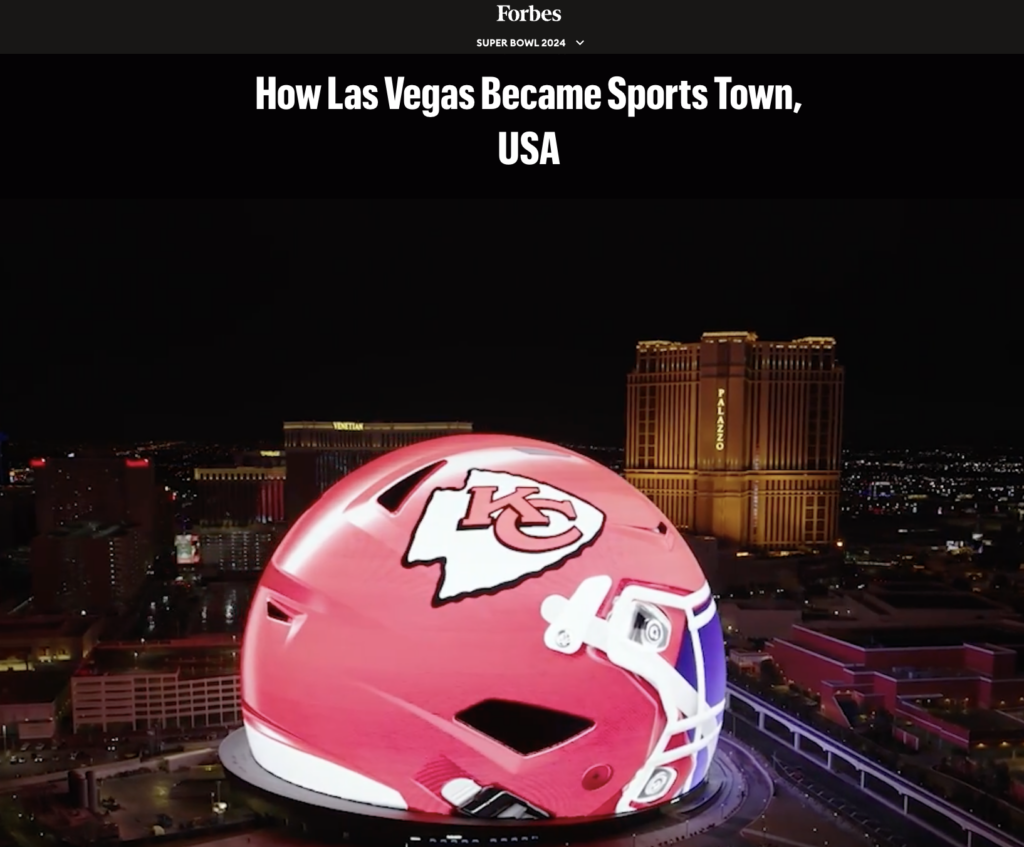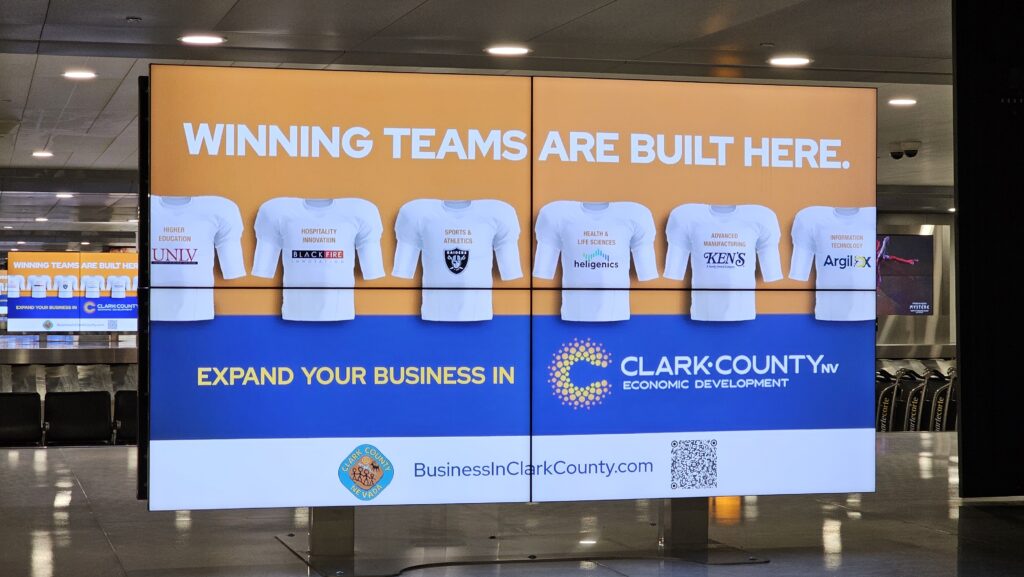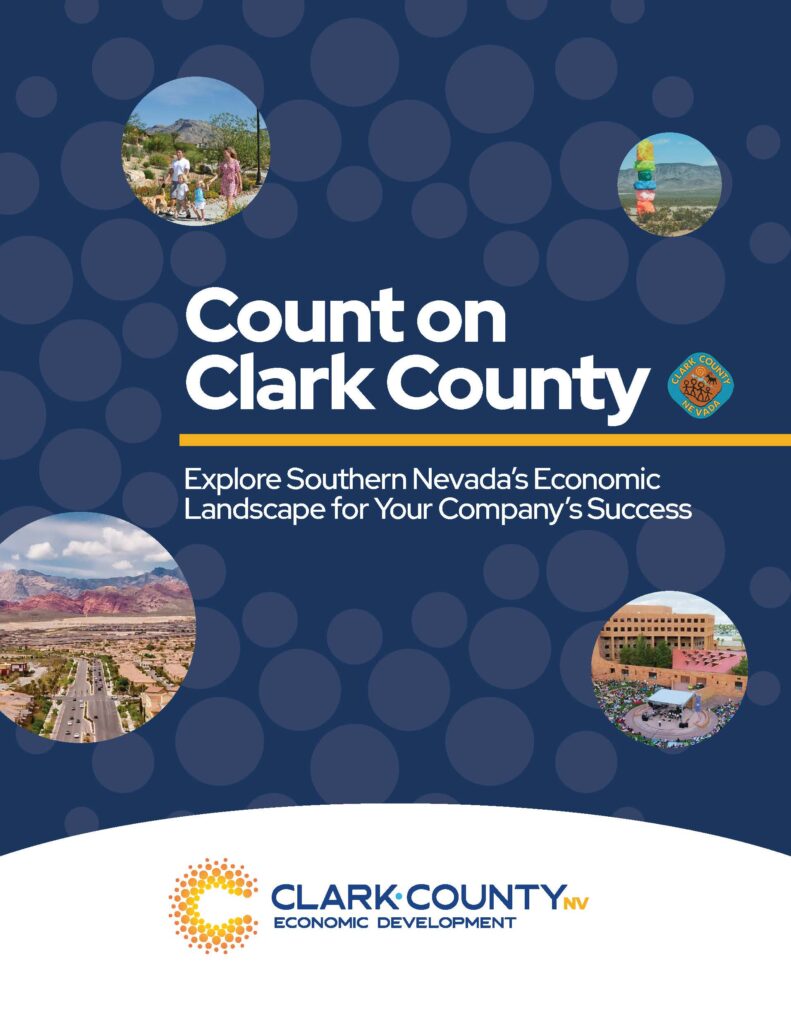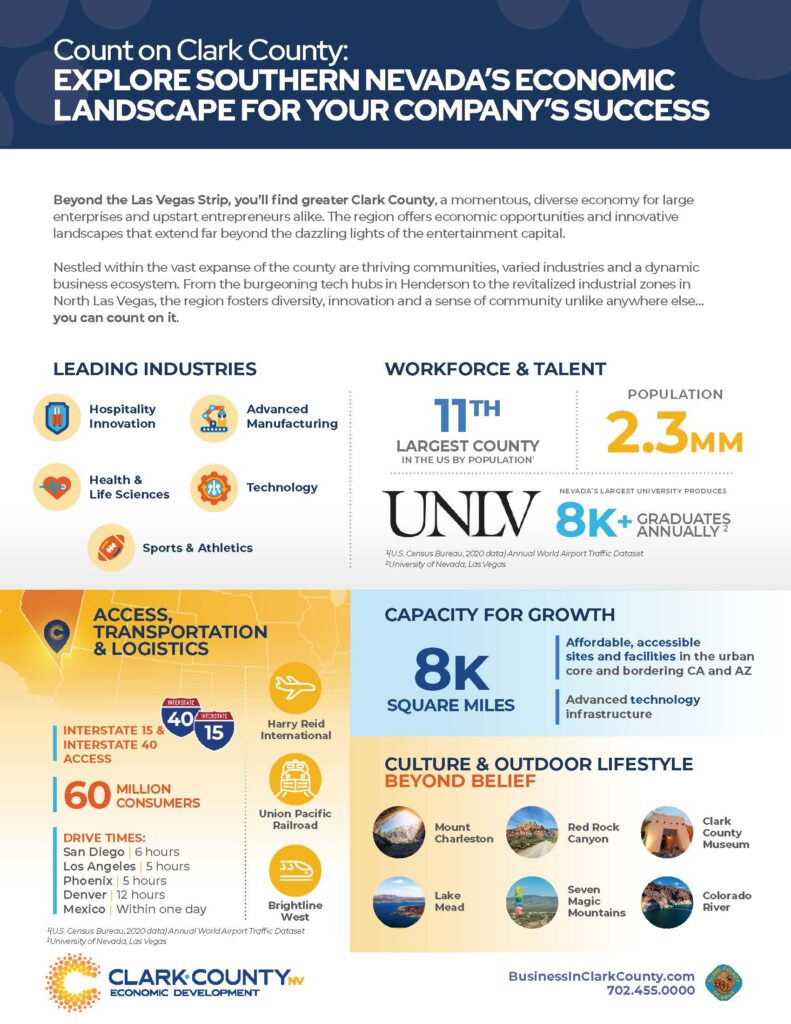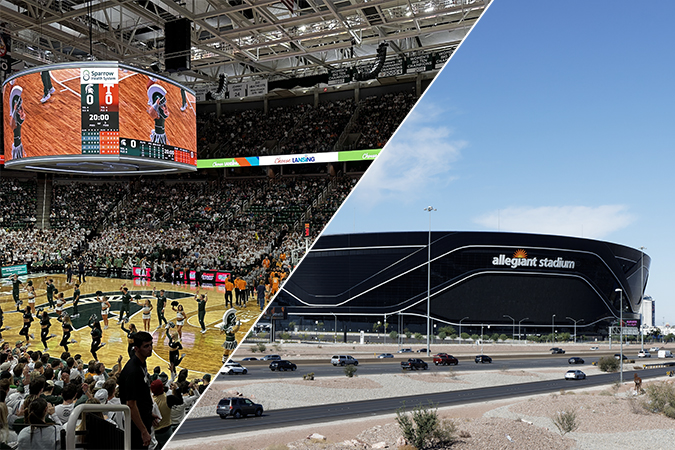
13 Mar It’s Not Just A Game: Leveraging Sports as an Economic Driver
Sports have long been recognized as a unifying force, bringing communities together and fostering a sense of pride and camaraderie. Beyond the realm of recreation and entertainment, the sports industry holds significant economic potential for municipalities and regions of all sizes.
While having a major professional sports league such as the NFL, NBA or MLB in your backyard certainly helps, it’s not a prerequisite to calling yourself a community with a sports economy. You may be home to a convention center or facility that attracts a variety of sporting events to town every year, or collegiate or high school sports that bring your people together.
No matter the sport, communities unlock new ways to position their quality of place by leveraging its sports economy, ultimately boosting their economic development and tourism strategies.
Community brands and campaigns showcasing the region’s sports offerings, coupled with strategic partnerships with sports organizations, can amplify a market’s appeal to tourists, potential residents and business prospects, driving economic growth. Below are two regions that have capitalized on their sports economy, at different scales, to raise visibility and generate interest from a variety of audiences.
Greater Lansing, Michigan
Nestled in the center of Michigan, the Lansing region is not only known for being the state capital, but also for its diverse communities and interesting offerings, including food, arts, parks and sports. As its state became more competitive for conference and event dollars, the greater Lansing area saw an opportunity to elevate its story and sport and event-related assets—including Michigan State University and a variety of sporting venues—to remain top of mind among planners and visitors.
Through an in-depth research process, North Star discovered a distinct advantage of the Lansing region and its sports and events economy. Beyond its attractions, the staff of its CVB and Sports Authority (Now Choose Lansing and the Lansing Sports Commission) were cited as the main reasons planners chose the Lansing area. Their responsiveness, creative approach to problem solving, certified tourism ambassador program and specific experience in planning destination events across several sports stood out and separated them from their in-state and national counterparts.
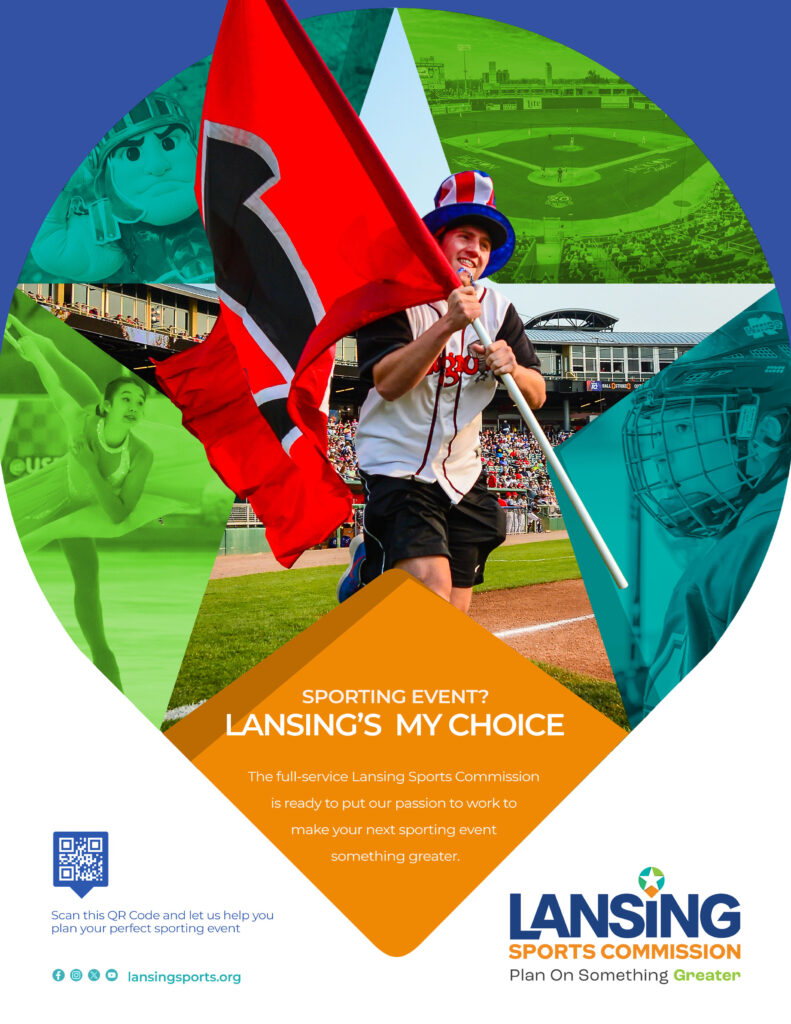
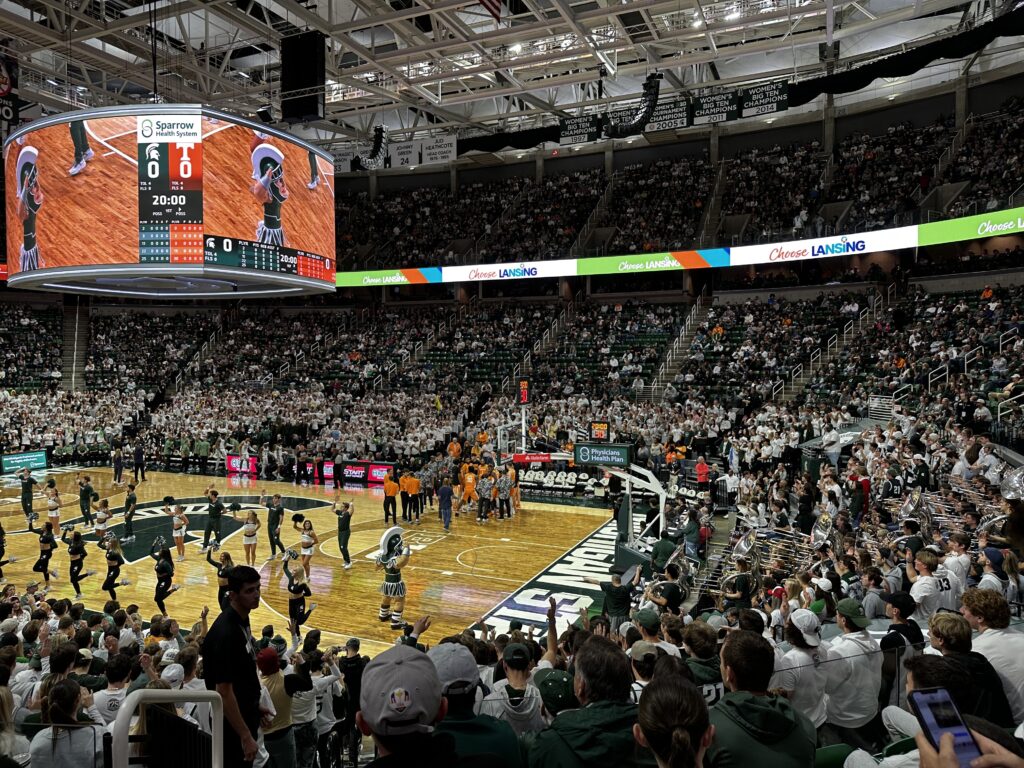
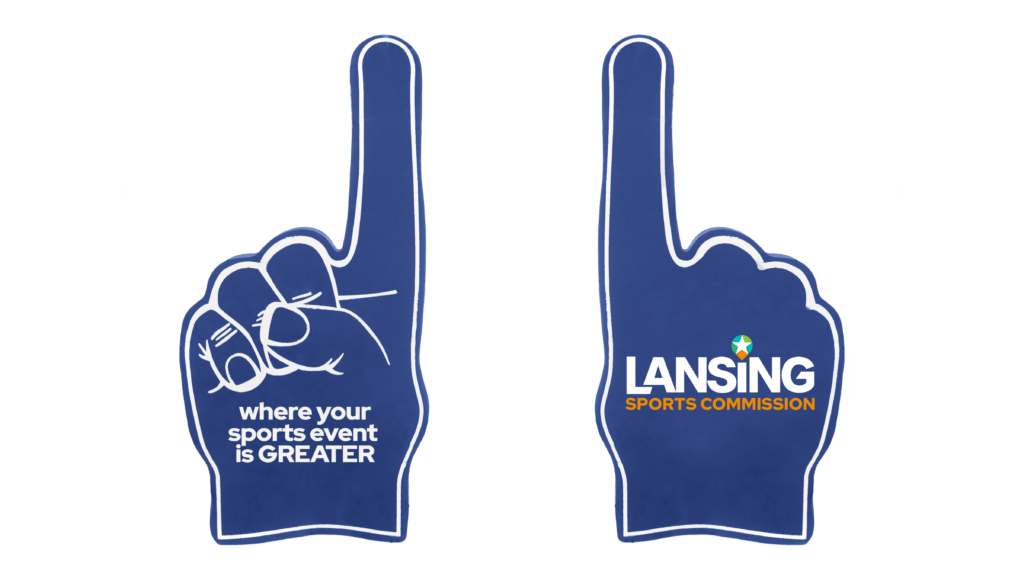
Thus, Lansing’s brand highlighted what it means to choose and experience their region, in particular for sports and recreation. “Plan on Something Greater” sets the expectation for visitors and planners. Sports are a big, competitive and often complicated business. Choose Lansing worked to share their entire story, which includes their physical assets, but also their people and leaders that make it all happen.
Clark County, Nevada
Clark County is the home of the Las Vegas Strip… but also much more. Its brand and message, “Bright Beyond the Lights” aims to invite exploration and disrupt expectations that it’s just a gaming economy. It is home to a variety of industries, businesses and innovators that are transforming the region through economic diversification.
That shift includes sports and athletics at several levels, from major leagues such as the NFL to dozens of sporting events and tournaments ranging from Formula 1® Racing (F1) to flag football.
With the F1 circuit and Super Bowl LVIII visiting Clark County within three months of one another, eyes around the world would be on the region in late 2023 and early 2024. Clark County set forth a plan to leverage its sports economy to raise visibility of the region and all of its recreational and business opportunities.
Over the course of a few months, the county earned media coverage in several top-tier outlets, including The New York Times, MarketWatch, Forbes and Reuters, among others. It also ran an advertising campaign the week of the Super Bowl across its local airport, Harry Reid International, to promote the potential of doing business in Clark County to the thousands of people visiting. Other campaigns and content were implemented, again raising awareness of and generating interest in the increasingly diverse economy.
